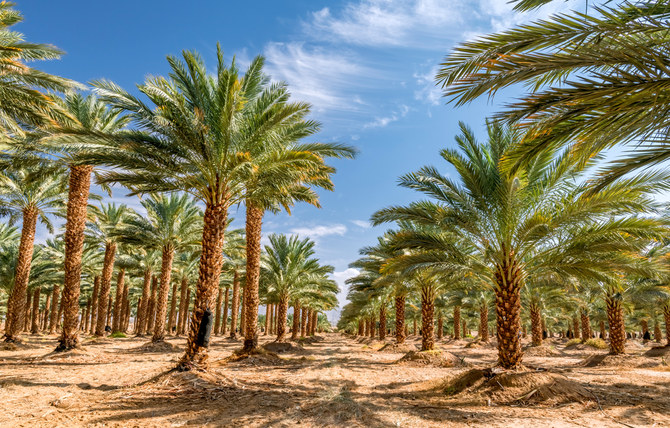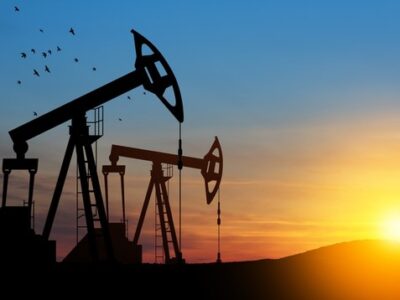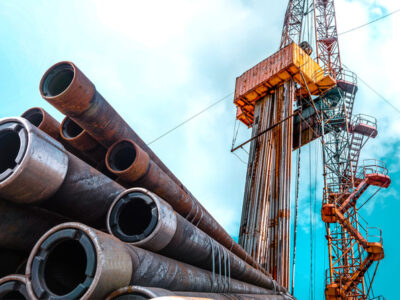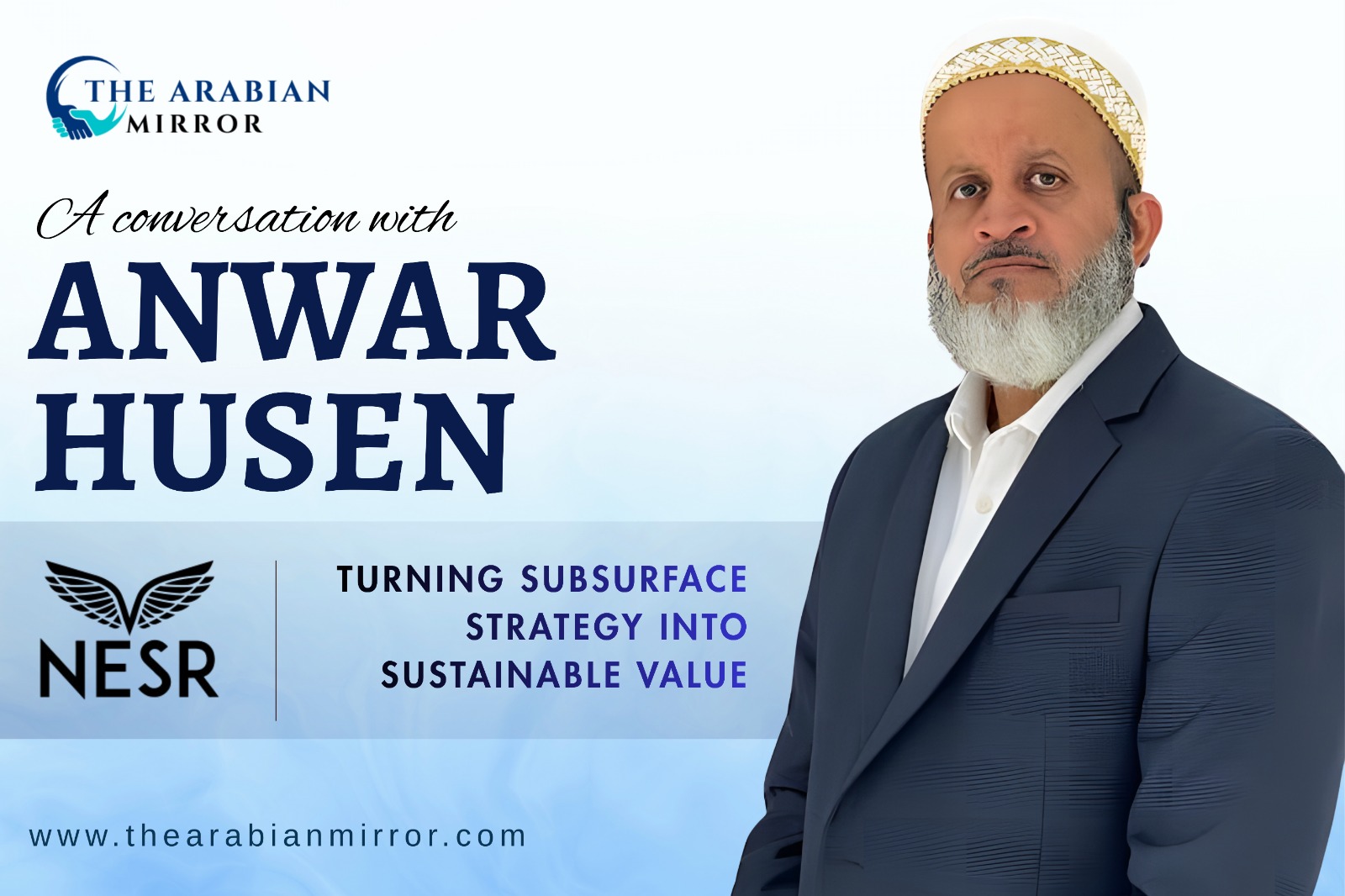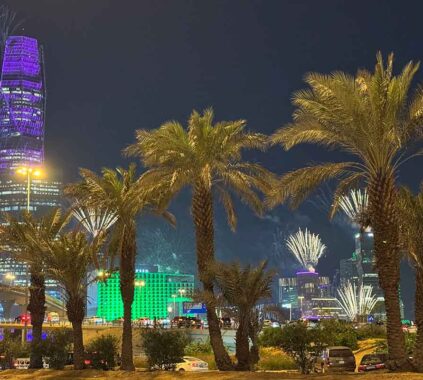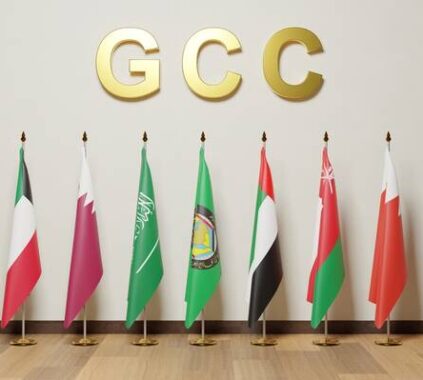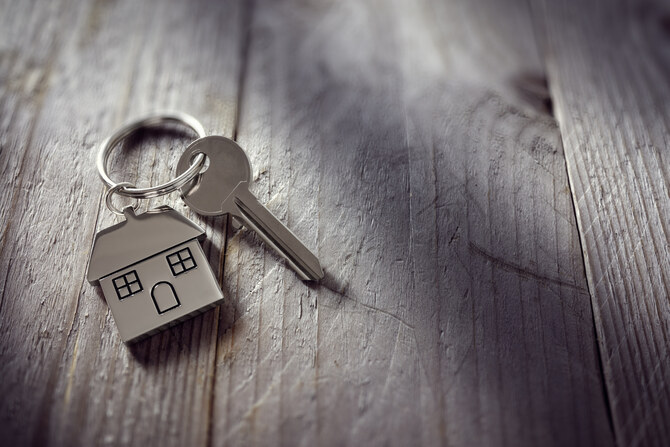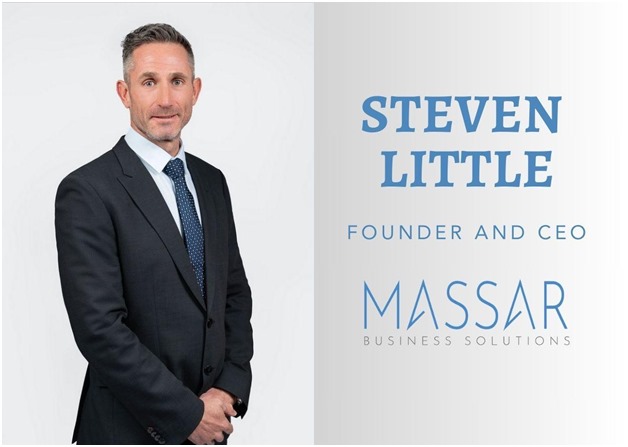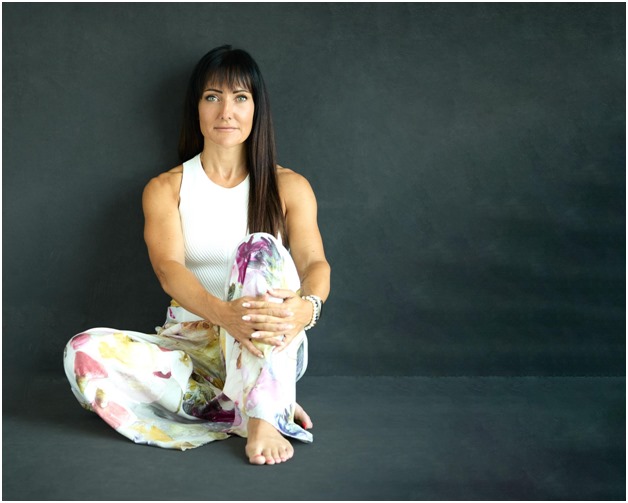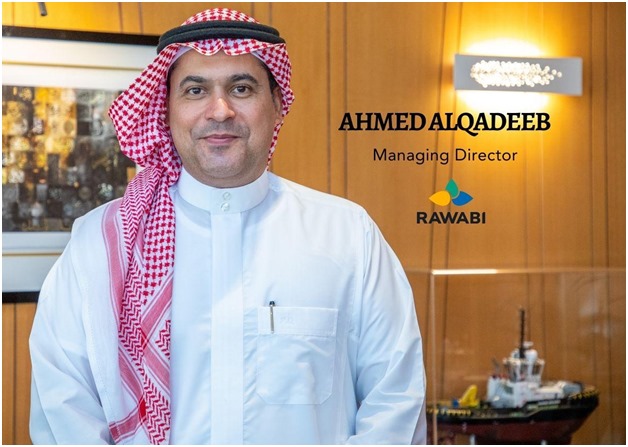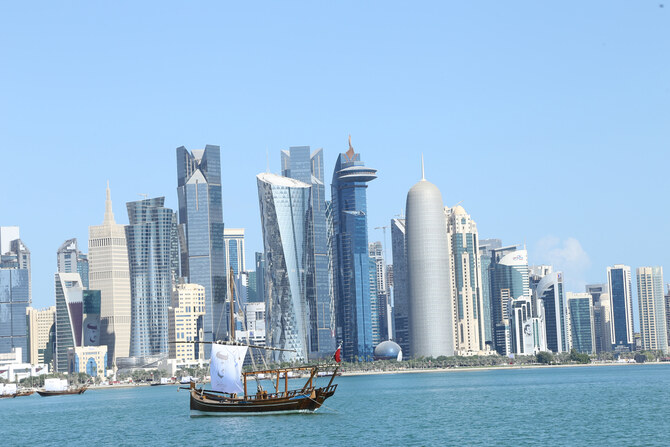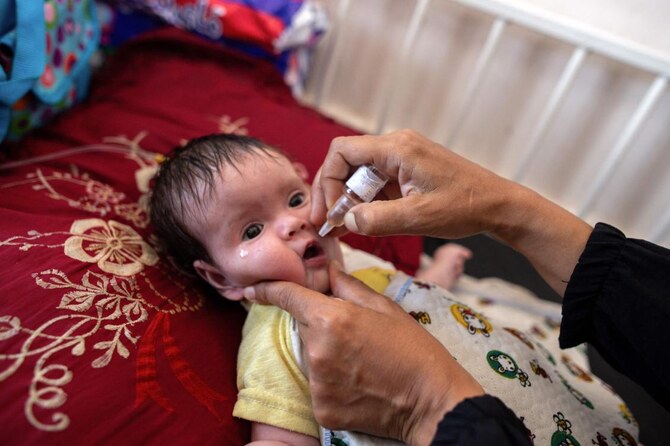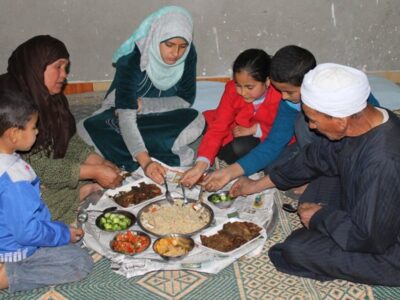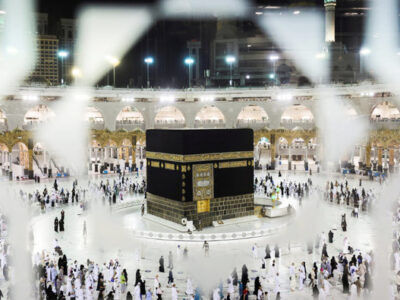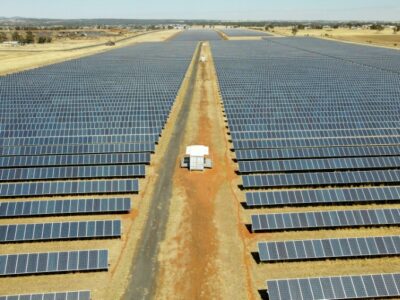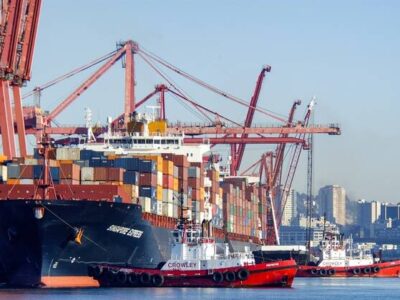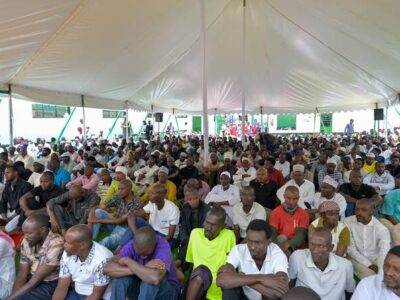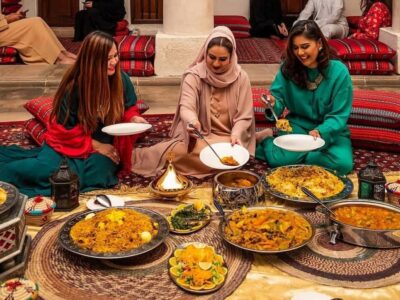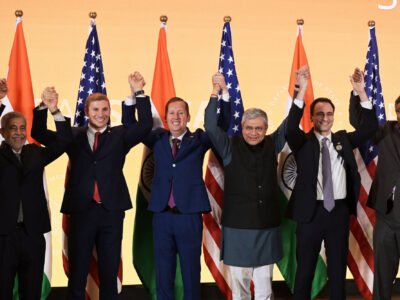In order to achieve self-sufficiency under Vision 2030, five new investments in the Al-Baha region’s agriculture sector are expected to boost Saudi Arabia’s food security.
According to the Saudi Press Agency, the Ministry of Environment, Water, and Agriculture made the announcement of these chances via its FURAS webpage. The initiatives involve growing flowers and wild plants, as well as coffee, palm trees, and orchards.
This occurs at a time when Saudi Arabia is spearheading an agricultural boom meant to increase domestic crop output and lessen reliance on imported food, even though nearly 90% of its land is desert.
Dates, fresh dairy products, and table eggs are already completely self-sufficient in the Kingdom, according to the Agricultural Statistics Publication by the General Authority for Statistics.
One of the latest investment prospects is a coffee city project that would plant over 150,000 trees over an area larger than 2.29 million square meters, with a production capacity greater than 15,000 tonnes.
Bid envelopes are to be opened the day after the submission deadline of September 10th, as established by the government.
An additional project is the Al-Ennab Village project, which is located next to the Al-Janabeen Dam and aims to cultivate fruit and palm trees on an area of more than 4.6 million square meters. This project has a September 24 deadline for bids, and the envelopes will be opened the following day.
The strategic significance of these projects in augmenting agricultural output and guaranteeing the Kingdom’s long-term food security was underscored by the Ministry of Environment, Water, and Agriculture.
Also Read:
Crude Oil Regains Ground Due to Political Unpredictability in the US and the Middle East
With an Improved NPL Ratio of 1.4%, Saudi Banks Top the GCC in Terms of Credit Quality


